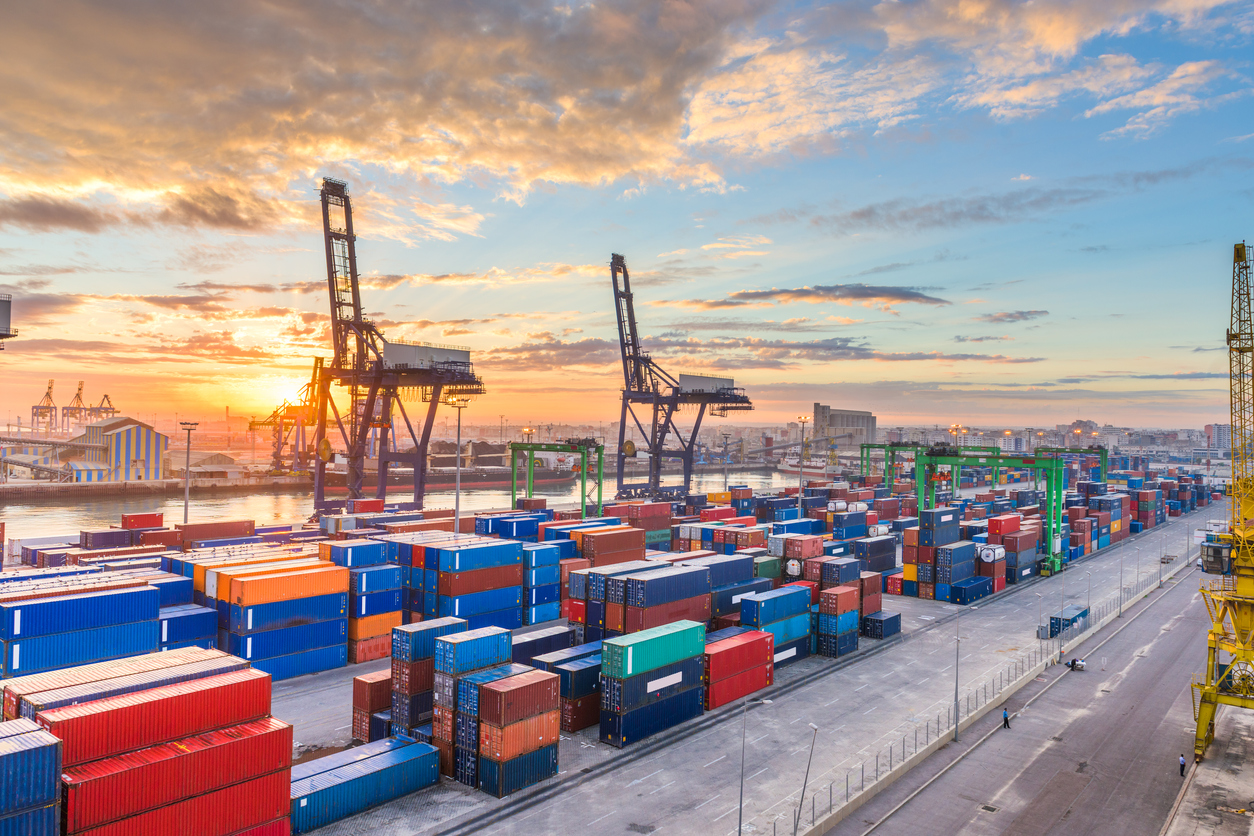Understanding Incoterms: Delivered Duty Paid (DDP) Explained
Incoterms, short for International Commercial Terms, are a set of standardized trade terms used globally to define the responsibilities of buyers and sellers in international transactions. Among the most commonly used Incoterms is Delivered Duty Paid (DDP), which simplifies the process for buyers by placing the majority of the logistical responsibilities on the seller. This article explains what DDP entails, its advantages and disadvantages, and when it is most effectively used in international trade.
What is Delivered Duty Paid (DDP)?
Delivered Duty Paid (DDP) is an Incoterm that places the maximum responsibility on the seller for delivering goods to the buyer’s specified location, including handling all costs, risks, and formalities associated with shipping, customs clearance, and import duties. In essence, under DDP, the seller ensures that the goods arrive at the buyer’s doorstep, fully cleared through customs, with all associated duties and taxes paid.
Key Responsibilities Under DDP:
- Seller’s Responsibilities:
- Packaging the goods for transport.
- Arranging and paying for transportation to the destination.
- Handling export formalities in the country of origin.
- Covering insurance during transit (if required).
- Handling import customs clearance and paying any associated duties and taxes in the destination country.
- Delivering the goods to the buyer’s specified location.
- Buyer’s Responsibilities:
- Accepting delivery of the goods.
- Paying the agreed purchase price for the goods.
- Managing any local requirements once the goods have been delivered, such as unloading the goods or handling any subsequent transportation within the country.
Advantages of Using DDP
1. Simplified Process for Buyers
- Reduced Hassle: DDP is highly advantageous for buyers, as it eliminates the need to deal with complex import procedures, customs clearance, or payment of import duties. The seller handles all of these aspects, making the transaction much smoother and less stressful for the buyer.
2. Predictable Costs
- No Hidden Charges: Since the seller covers all costs associated with delivering the goods, including duties and taxes, the buyer receives a final, all-inclusive price. This predictability can help buyers manage their budgets more effectively, without worrying about unexpected expenses upon delivery.
3. Enhanced Customer Satisfaction
- Convenient Delivery: For buyers, especially those who are not familiar with international shipping and customs procedures, DDP offers a hassle-free experience. The goods arrive at their destination fully cleared and ready for use, which can significantly enhance customer satisfaction.
Disadvantages of DDP
1. High Costs for Sellers
- Financial Burden: While DDP is convenient for buyers, it places a significant financial burden on sellers. The seller must cover all costs related to transportation, insurance, and import duties, which can be substantial, particularly when shipping to countries with high import taxes.
2. Increased Risk for Sellers
- Handling Complex Customs Procedures: The seller is responsible for navigating the complexities of customs clearance in the buyer’s country. This can be challenging, especially in countries with stringent import regulations or where the seller lacks local expertise.
3. Limited Control for Buyers
- Lack of Flexibility: Since the seller controls the entire delivery process, the buyer has limited flexibility in choosing transportation methods or handling customs procedures. This might not be ideal for buyers who prefer to manage these aspects themselves.
When to Use DDP
1. Entering New Markets
- Minimizing Buyer Risk: DDP is particularly useful when entering new international markets where buyers might be unfamiliar with local import procedures. By offering DDP, sellers can lower the barrier to entry for these buyers, making it easier for them to purchase goods.
2. Selling High-Value or Complex Goods
- Ensuring Safe Delivery: For high-value goods or products that require careful handling during customs clearance, DDP can provide assurance that the seller is managing all aspects of the delivery, reducing the risk of delays or damage.
3. Enhancing Customer Experience
- Improving Service: Businesses focused on providing a premium customer experience might use DDP to ensure that their clients receive a seamless, hassle-free service, with goods delivered directly to their door without the need for additional steps.
Conclusion
Delivered Duty Paid (DDP) is a powerful Incoterm that simplifies international trade by placing the majority of responsibilities on the seller. While it offers significant benefits to buyers by reducing complexity and providing predictable costs, it also presents challenges for sellers due to the high costs and risks involved. Understanding the pros and cons of DDP can help businesses decide when and how to use this Incoterm effectively in their international transactions.
At Wigmore Trading, we are experts in managing international logistics and can help you navigate the complexities of DDP and other Incoterms. Contact us today to learn more about how we can support your global trade needs.
Get in Touch:
Need help with DDP delivery services? Contact Wigmore Trading for expert advice and customized solutions. Visit our website, email, or call us to explore how we can simplify your international shipping processes.








Comments are closed.